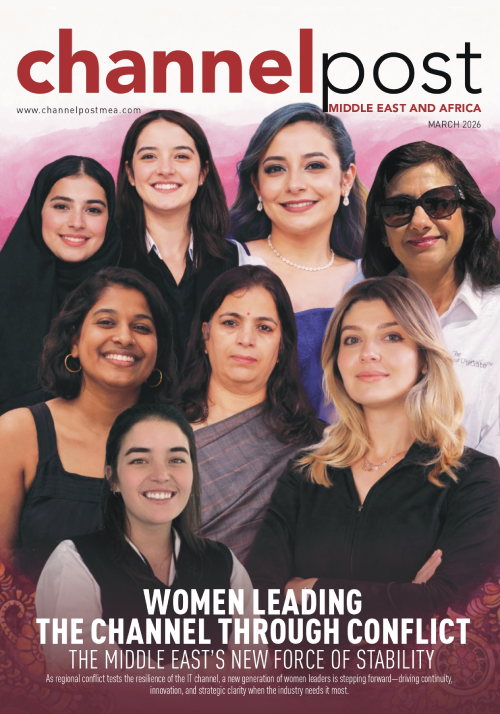Damian Jaume, President of Dynabook Europe GmbH, in an exclusive interview with Channel Post MEA elaborates on the importance of Middle East region and its partners for the growth plan of Dynabook.
Why is it important for Dynabook to participate in GITEX this year?
When Sharp bought the PC division of Toshiba in 2018, Dynabook became a brand which was not familiar to a lot of people. Even at our GITEX stand, we have mentioned, ‘Dynabook, formerly Toshiba PC company’. Middle East is an important region for us and a major element in our growth plan. It is key for us to be here to show our partners that we are committed to the region. We are majorly here to show our partners that we are here to support them, especially in these times and we are not a name that pops us and disappears.
Partners need to understand that though the major impact of COVID is gone, there are still issues in the industry like component shortage, supply chain issues etc. This issues will stretch well into next year as well. Hence, every partner in this region should have a reliable supplier and that is where we come in.
What do you think is the major trends influencing the current market in the Middle East?
The region is showing a direction towards cloud computing. The more computing is shifted to the cloud, in theory less computing power is required on the device. But the region is still in a transition phase. Our product, ‘Dynabook Mobile Secure Client’ is a cloud computing device which allows user to get authentication but without storage in the device. So when the device is turned off, everything is gone. This is also secure. This is part of the trend and to support people who just wants to connect, use data and store everything in the cloud. But this will take time for many organizations to come to terms with.
How do you enable organizations in the new normal?
Dynabook has a full range of products. We have the lightest computer in the world (which can be seen floating up in the air at the stand), which is part of the Toshiba heritage (thin and light technology). This year, we are also launching a new range of mainstream PCs. This is a premium model in a mainstream package. It comprises of everything one might need, including smart card, LTE support etc.
We are also pushing the idea that PC should be connected everywhere. Organizations are concerned about security but still wants to access the system with public WiFi. We are in discussion with varies Telecom companies in this respect. Toshiba was the company that set up built in WiFi in all the PCs, though at that time corporations were concerned about the security. But it is a standard norm now. We expect the same with LTE. If any Telecom companies of Middle east would like, we are pleased to have a conversation in this regard.
How are you engaging with the partners in this region?
We are here at GITEX to strengthen our relationship with the partner. We also had a partner event during GITEX. We couldn’t participate in the last GITX due to the pandemic, but after the strike of COVID, within 2 weeks we had sold out of our complete European stock. Partners should know that though the world has changed, the key for any partner is a reliable supplier. Dynabook is in a unique position now as major B2B suppliers may not prioritize Middle East region to supply their products. But for us, Middle East is our major focus and we prioritize our regional partners for product supply. Our major strategy for 2022 in terms of growth is in Middle East.
What after GITEX?
When we restarted in the Middle East in 2019, the key focus was to strengthen relationship with our old partners (who worked with us since Toshiba) ad bring in new partners. The main goal now is to sit with the partners and explain the situation of the industry to them. We would also like to cement deals with our partners here and go forward to next year in a very positive way.












